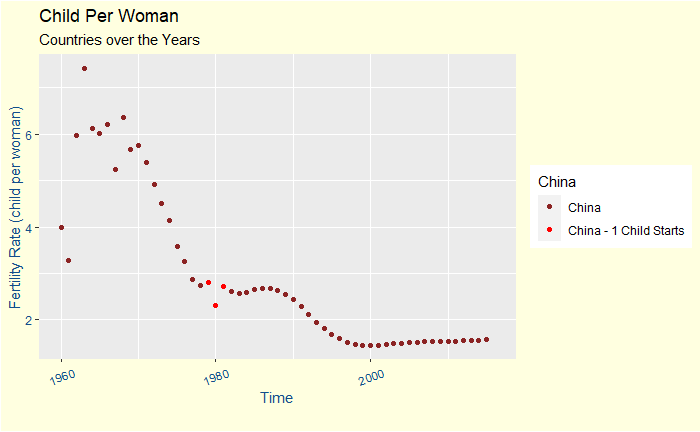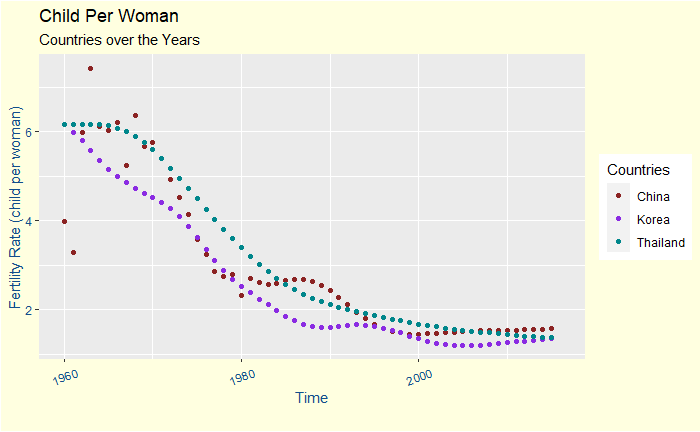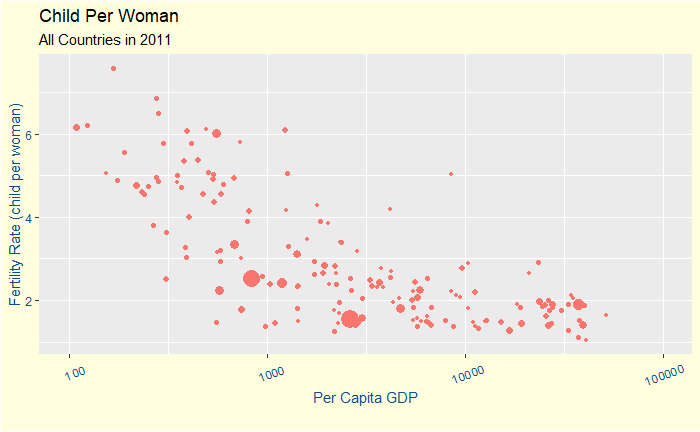The blame instinct drives us to attribute more power and influence to individuals than they deserve, for bad or good. Political leaders and CEOs in particular often claim they are more powerful than they are.
Hans Rosling from the book Factfulness
Blame instinct and claim instinct! For a modern-day leader, be it a politician or a CEO, the former brings the power, and the latter keeps it. In one of the previous posts, we have looked at the unsubstantiated blame against Muslims in India and the reality of population growth. This time we look at the other side, the claim factories and the success of child-control policies.
Most of you are familiar with the one-child policy of China and the ‘blockbuster’ success that it brought. I remember this message used to echo everywhere when I was growing up in the eighties. Interestingly, even today, after all these years, when so much data are publically available for free that rejected the whole notion, some leaders maintain the rhetoric.
Come back to the China report. The following is a plot of the fertility rate of women in China from 1960 to 2016. For complete data and visualisations, go to the gapminder website.

As per Wikipedia, the Chinese government started the policy in 1980. In the plot, I’ve marked three years – 1979, 1980 and 1981 – in red to show, in the big picture, the timing when the government was implementing the policy. The Chinese women fertility rates have been on a sliding-down path since the 70s. The policy of 1980 may have only reduced its pace, but that I leave to your imagination.
My claim above based on a plot is not entirely bulletproof. It is impossible to show that the policy did not work as the child per woman was either kept low or decreased during the period. To discover the results and remove any anomalies, we must compare the trend with other countries. So, let’s examine two countries in East Asia that did not impose such a burden on their people – South Korea and Thailand.

Did it stop in South Korea and Thailand? No, the whole of Asia has shown declines in female fertility since the middle of the twentieth century.
Thoughtful Examinations of Data
The results show the power of evidence and reflect the time we are living, the age of free and publically available data. The data showed beyond doubt that economic status and education are stronger predictors of smaller families than other popular beliefs, such as religion or strong rulers.

In simple words, when a mother is educated and financially independent enough to know that her society has the means to get her children to pass their childhood, she starts to prefer a smaller family! A family that can have a quality life and where the children can climb the social and economic ladder.
Why are Claims So Powerful?
It is so convenient. Something that happened without any intervention from the all-powerful is difficult for humans to admit, especially for the powerful humans! The public also believes them as the claims go hand in hand with the almighty image of the powerful.
Data used for Post is from gapminder

